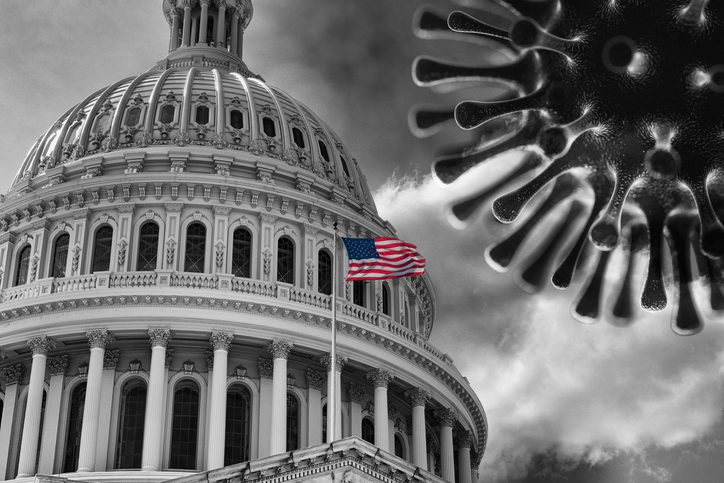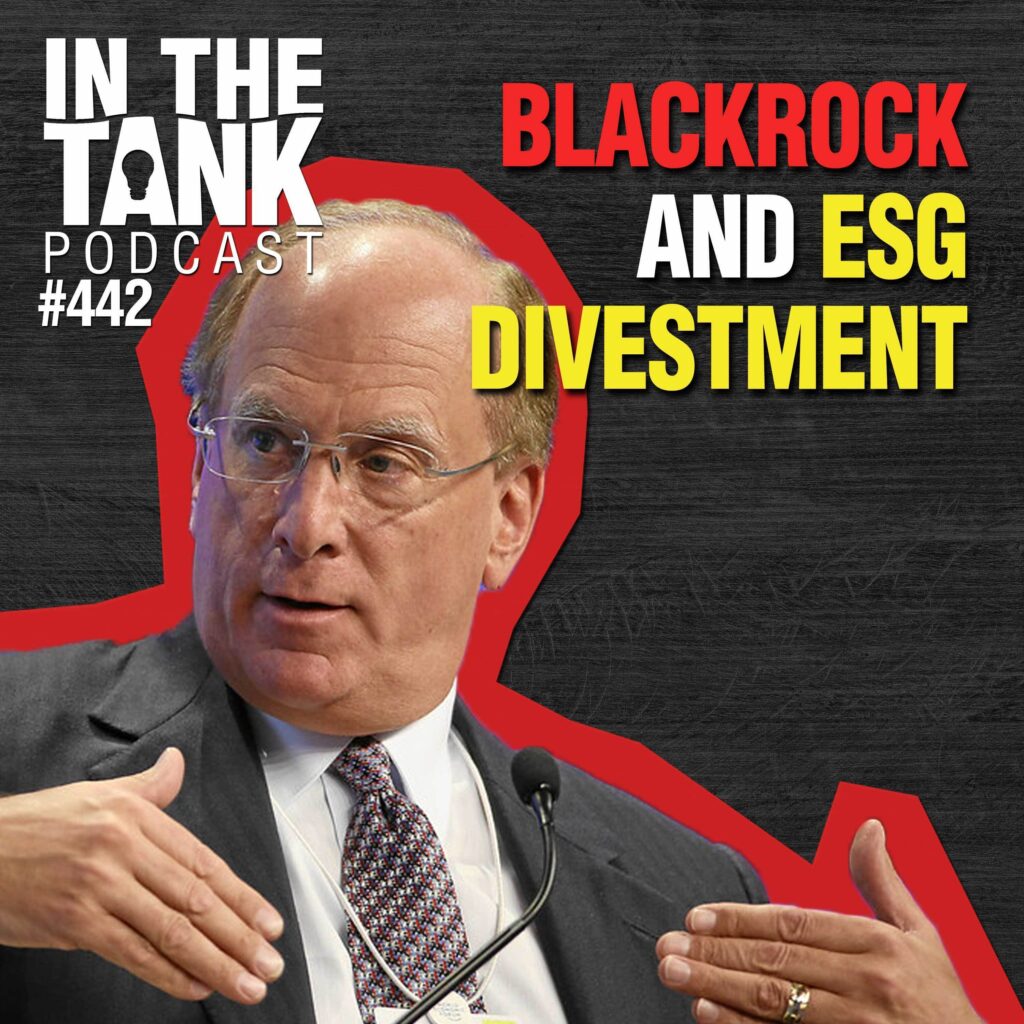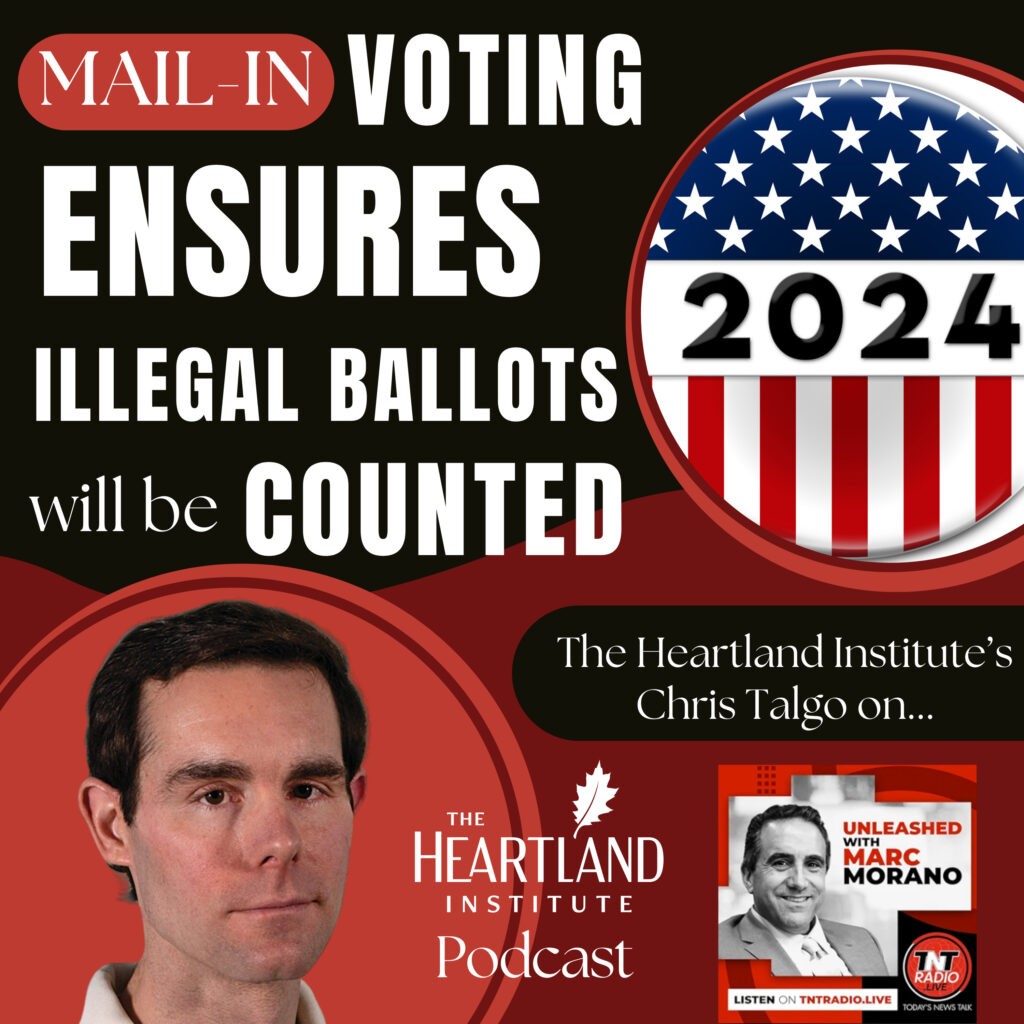Testimony Before the West Virginia Committee on the Judiciary
on House Bill 2003, restoring the state legislature’s role in emergency management
The Heartland Institute February 12, 2021
Mr. Chairman, Members of the Committee on the Judiciary:
Thank you for holding a hearing on House Bill 2003, legislation that reforms West Virginia’s emergency declaration and preparedness statutes. This is the exact right time for legislators to have this conversation. In the haze of crisis of an emerging and evolving global pandemic, clear-eyed analysis is a very real challenge for governors and legislators and the courts. Yet now, as we are a year into the pandemic and robust data is available and examples of successes and failures by governors are reviewed, lawmakers are well-within their authority to assert themselves into this important discourse.
My name is Cameron Sholty, and I am the Director of Government Relations at The Heartland Institute. The Heartland Institute is a 37-year-old independent, national, nonprofit organization whose mission is to discover, develop, and promote free-market solutions to social and economic problems. Heartland is headquartered in Illinois and focuses on providing national, state, and local elected officials with reliable and timely research and analysis on important policy issues.
Some states have had tremendous success in managing the government response to the pandemic while others’ responses have been haphazard and seemingly without rhyme or reason. Yet in nearly all cases, the governors have acted with little to no input from the legislative branch and as the elected representatives from your communities, you have an obligation to be involved in those decisions, to be fully aware of the processes and rules being instituted, and to be engaged while the public and the economy remains unsettled.
The governors of California and New York have given us good examples of how this power grab and unitary action can cost lives and decimate a state’s economy while states like Florida, Texas, and North Dakota have given us models to review on managing the reopening of their states while balancing the public health crisis’ mitigation. Governors are not gods.
The concept undergirding HB 2003 isn’t complicated: it restores the authority of the legislature as a co– equal branch of government. It is as it was designed to be.
Last spring and summer, The Heartland Institute developed a set of principles that legislatures could reference in advance of this very moment, when they started to reassert their oversight and co-equal role of the executive branch. This legislation abides many of those guides:
- Resolutions to (or can) immediately nullify an emergency proclamation.
- Time certain duration of an emergency order (renewed by legislature).
- Pass a resolution that requires the governor to call a special session to approve of an emergency proclamation if the legislature is out of session.
- Permit an interim committee or group of legislative leaders to extend or reject emergency proclamations.
- Impose specific limits to executive authority during an emergency proclamation. (i.e., restrict the governor from unilaterally closing businesses, closing houses of worship, or shutting down freedom of the press, and the right to bear arms.)
From sea to shining sea, there is an appetite among state lawmakers to reassert themselves into the debate and processes over public health and other states of emergency. Co-equal governance is a bedrock American principle and West Virginia has an opportunity to set an example to the tens of states that are also looking at reining in executive authority.
I want to thank Representative Summers and her co-sponsors for crafting a good piece of legislation with righteous goals and aims. As has been seen all over the country – from New Hampshire to Ohio to New Mexico to California – the frustration with governors run amok is a purple problem and not exclusive to solely blue states or solely red states. This bill lays out a clear solution and only politics will be what prevents its passage.
Thank you for your time and consideration on this important issue.
For more information about The Heartland Institute’s work, please visit our websites at www.heartland.org or http:/news.heartland.org, or call Cameron Sholty at 312/377-4000. You can reach Cameron Sholty by email at [email protected].




